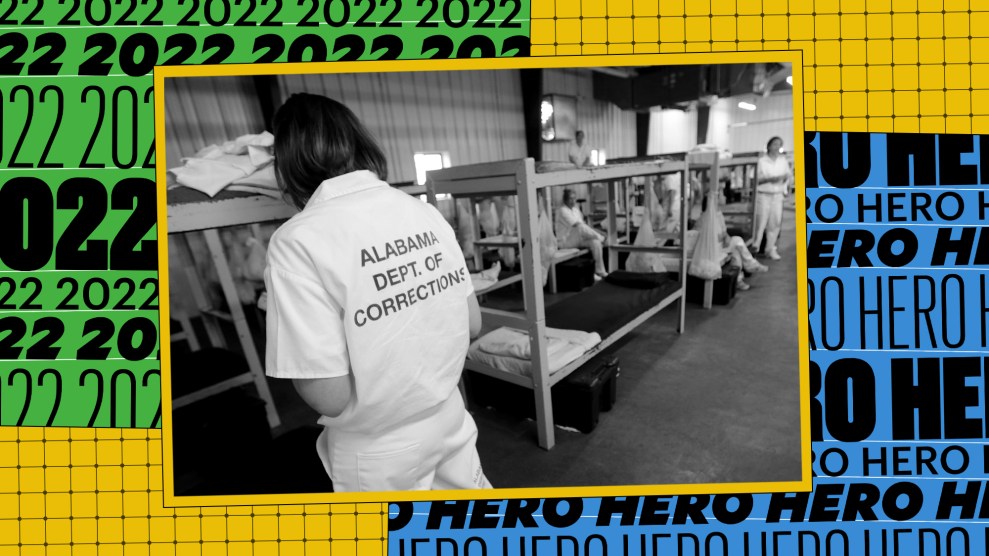Former Trump White House aide Cassidy Hutchinson, who offered dramatic testimony at a January 6 Committee hearing in June, detailed her own lawyer’s efforts to keep her quiet in an explosive deposition made public Thursday. Now he’s taken a leave of absence from his law firm, in a swirl of controversy over ethics violations.
According to her deposition, attorney Stefan Passantino, who had previously worked as a White House attorney for Trump, told Hutchinson, who had been subpoenaed by the panel, to “downplay” her knowledge of the events leading to January 6 in her testimony and to also claim she could not recall other important details. Passantino offered to help her find work in what he referred to as “Trump world,” while making it clear he was considering the interests of the former president ahead of her own, she testified. The timing of the offers to “take care” of her financial needs, Hutchinson said, suggested they were linked to her offering testimony that did not hurt Trump or his allies. Passantino even warned her that Trump often read transcripts and bore grudges against witnesses who talked too much.
“We just want to focus on protecting the President,” Hutchinson said Passantino told her before her first interview with the panel. “We all know that you’re loyal.”
Passantino, who was, strikingly, formerly a top ethics attorney in the Trump White House, was paid by a Trump PAC called Save America, to represent Hutchinson. She didn’t know that at the time, because he refused to tell her who was paying him for the work, she said. She also said he shared details about her testimony with other lawyers working for Trump clients against her wishes.
Those actions represent gross violations of basic legal ethics and DC Bar rules governing conflicts of interest, ethics experts said. Those rules require lawyers from taking third-party payments that interfere with their “independent professional judgment,” and mandate that the attorneys obtain “informed consent from the client” for such arrangements. If Hutchinson is telling the truth that Passantino didn’t tell her who was paying him, she could not consent, noted Kathleen Clark, a law professor at Washington University in St. Louis who studies legal ethics. And Clark said that’s not the half of it.
Copyright
© Mother Jones





